 by Kerry Hansen
by Kerry Hansen
Feng shui is a tradition that originated in ancient China. It is the practice of being mindful of the spaces in the home to create a more peaceful and nourishing life.
Feng shui is a tradition that originated in ancient China. It is the practice of being mindful of the spaces in the home to create a more peaceful and nourishing life. The goal is to harmonize individuals with their surrounding environment through spatial arrangement and orientation to optimize the flow of energy. Energy flow, also known as Chi is the life force that runs through each individual and their space. Chi means energy or air. In feng shui, ensure that the five elements, Fire, Earth, Metal, Water, and Wood interact in harmony with each other and maintain the flow of energy. Chi, like all energy, is constantly evolving, shifting, and flowing. It cannot be created or destroyed and should be able to flow freely around and through the home.
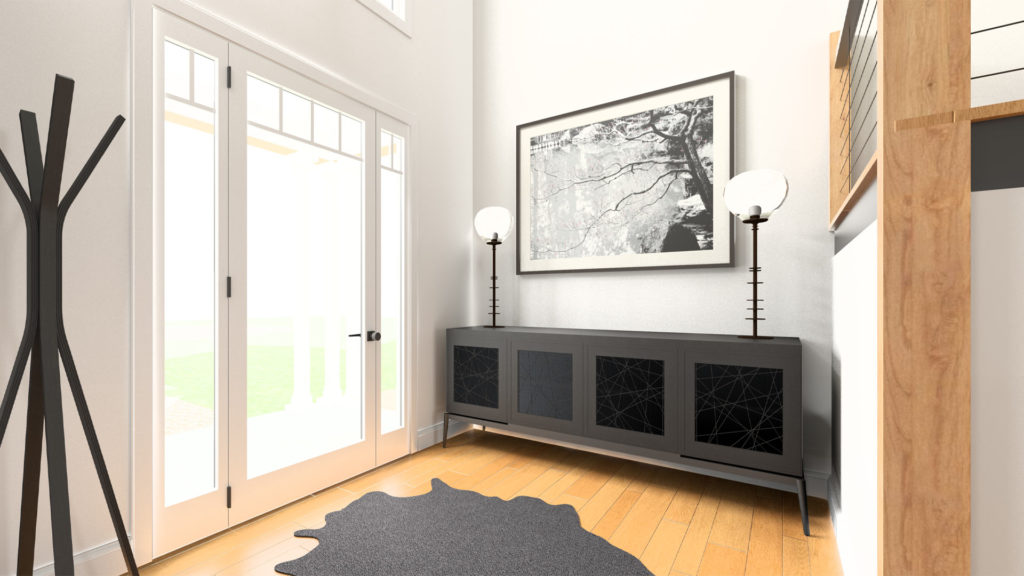
Energy enters the home through the front door. Energy should move freely through the entry. This area should be brightly lit, clean, and free of clutter. The door represents communication and is a portal for opportunities. All doors in the home should open to 90 degrees and be in working order with a functioning doorbell. For energy to move freely, the main door should not open into a wall. Ideally, front and back doors and windows should not be directly in line with one another because it can cause chi to escape. Windows symbolize the eyes of the adults in the home and the voice of children. Clean windows regularly. Clean windows allow you to see the world clearer. Keeping them clean and clear will let in more sunlight which energizes the space and renders all colors more vibrant. Fresh air and natural light are essential. Open windows to allow for this.
Get a feel for the space, feel the energies and their effects by setting focus on the senses when planning a room. If a designer is hired, make sure to include pieces that are meaningful to you, pieces that you have chosen. Keep the home free from clutter. This isn’t so much about de-cluttering as it is about making space. Remove items that are old or no longer necessary. Letting go creates space to invite in fresh opportunities.
Letting go creates space to invite
in fresh opportunities.
Keep key pieces of furniture, the ones that are occupied the most in a commanding position. Command position is one of the most important concepts in feng shui. It means that a person’s back is never facing towards a door. The sofa and bed, for example, should be as far from the main entrances as possible and have a solid wall behind them for support. These pieces should always be out of line with the path of the doorway where energy is flowing in.
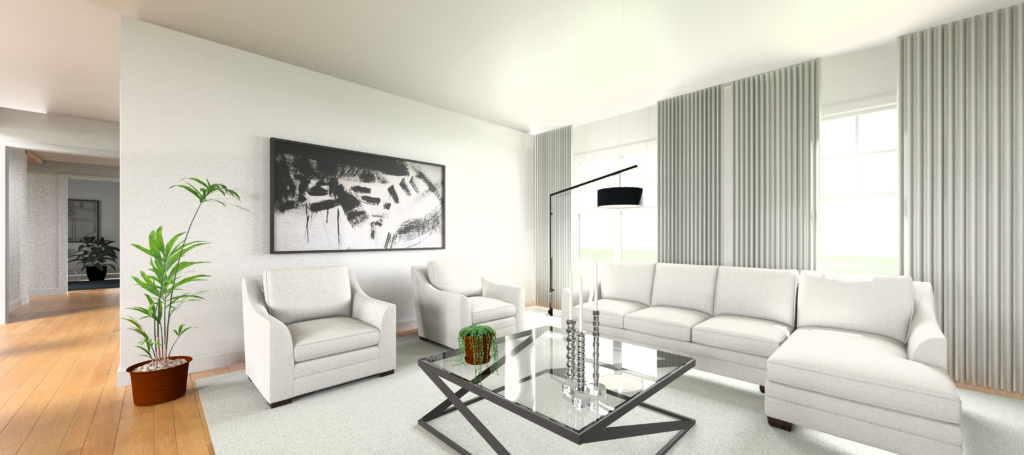
Base color choices off of the five elements. Each element represents a certain type of energy. Bring that into the home by incorporating and balancing their colors. Color is one of the easiest ways to incorporate feng shui into the home. The colors of wood and water represent prosperity. Add shades of fire to invite passion, liveliness, and boldness to a room. Bring in the green earth to create a sense of peace and calm. The colors of Metal range from bright whites to light gray or pastels and represent clarity, precision, simplicity, joy, and integrity.
Here are some tips for every room in the house.
Entry
The entry should be brightly lit. It should be clean and free of clutter. All doors in the home should open to 90 degrees and should be in working order with a functioning doorbell.
Living Room
Ensure that every person in the home has a seat and configure them in the commanding position. Incorporate color from the five elements. Connect and ground the family by placing a rug in the center of the room. Invite growth into the home by incorporating house plants. They also increase wellness and kindness.
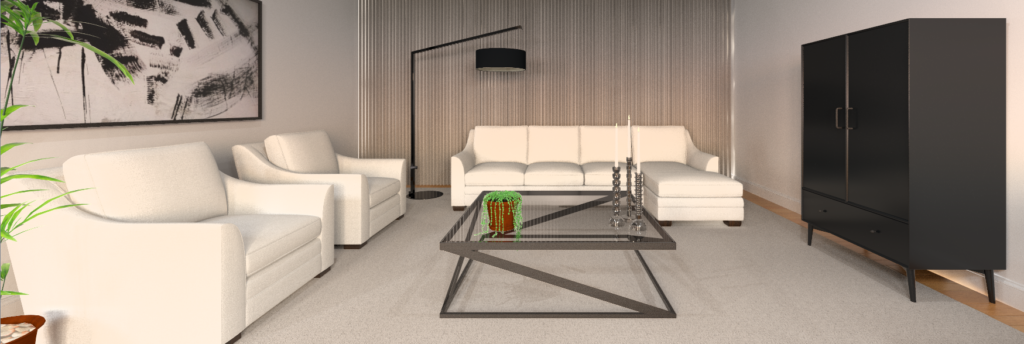
Kitchen
The kitchen is an important part of the home and a symbol of wealth. To keep the energy positive and active, the kitchen stove should be used at least once per day. Be sure to keep it clean and in good repair. Take the time to regularly dispose of expired food in the pantry and refrigerator. Keep the countertops free of gadgets. Colors like yellow or white are excellent choices for the kitchen because they are bright and clean. House plants, like aromatic potted herbs, add fresh energy to the kitchen.
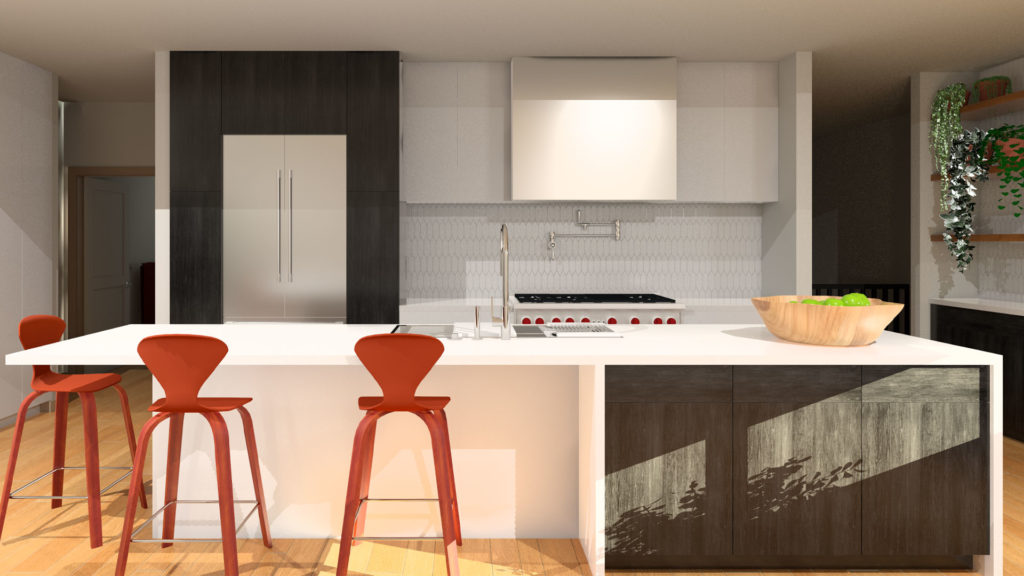
Dining Room
Keep the dining room table free of clutter. If this area is used for other purposes throughout the day, make sure to clear it off before mealtime and use it regularly for meals. According to the principles of feng shui, doing so will attract new friendships into your life. Add energy to this room with fresh flowers.
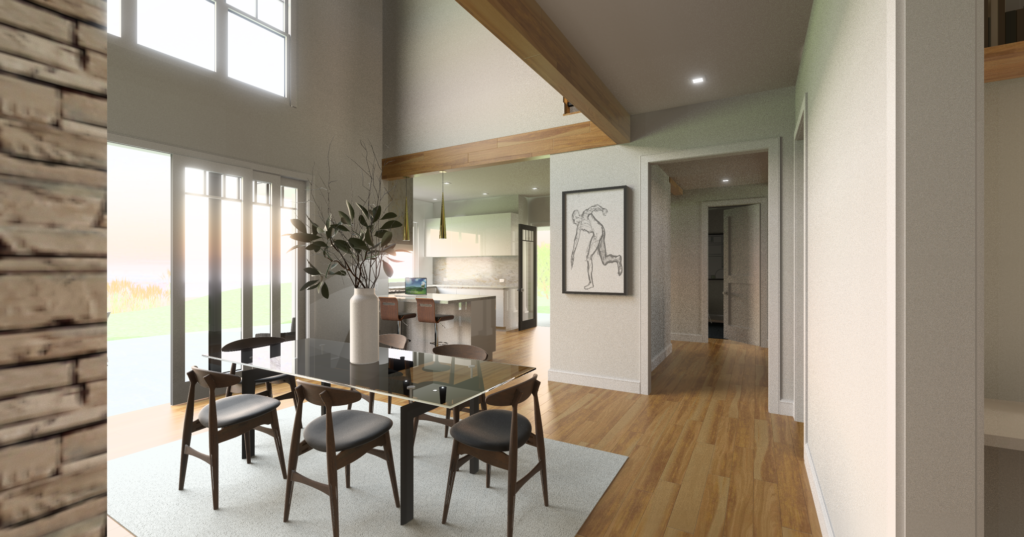
Bedroom
Bedrooms are one of the three most important parts of the home, also known as the trinity. The trinity includes the bedroom, kitchen, and bathroom. These rooms have a profound effect on wellbeing, both emotional and mental. They also affect wealth, creativity, and fertility.
Following these basic feng shui principles will bring balance to the room thereby helping to create a quiet place or sanctuary to retreat to. Use subdued harmonious colors. When possible, place your bed in the commanding position against a solid wall. The main door to the bedroom should not be in line with the bed. Keep the bed away from the window. The head of the bed should never be under a window. Make sure that the headboard is securely fastened to the bed. The headboard should also be solid with no slats or cutouts. This represents stability in marriage and relationships. Remove anything stored underneath it. Ideally, it is completely open allowing air to circulate freely. The bedroom is strictly for rest. Never set up a desk in the bedroom. Workspaces should be kept separate from the resting place.
Home Office
Place your desk in the command position using a chair that has a back. A desk chair with a back provides more support and represents support in career endeavors. Make sure there are at least three feet of space for the chair to move away from the desk.
Bathroom
A bathroom is a place that has the potential to suck energy from other rooms of the house. Keep the bathroom mirror clean so it reflects clearly. Place a house plant on top of the toilet to balance the downward water energy with upward life energy. Plants can also cleanse the space of bad chi. Keep the toilet seat shut when not in use. Fix any leaks and keep the bathroom fresh and organized.
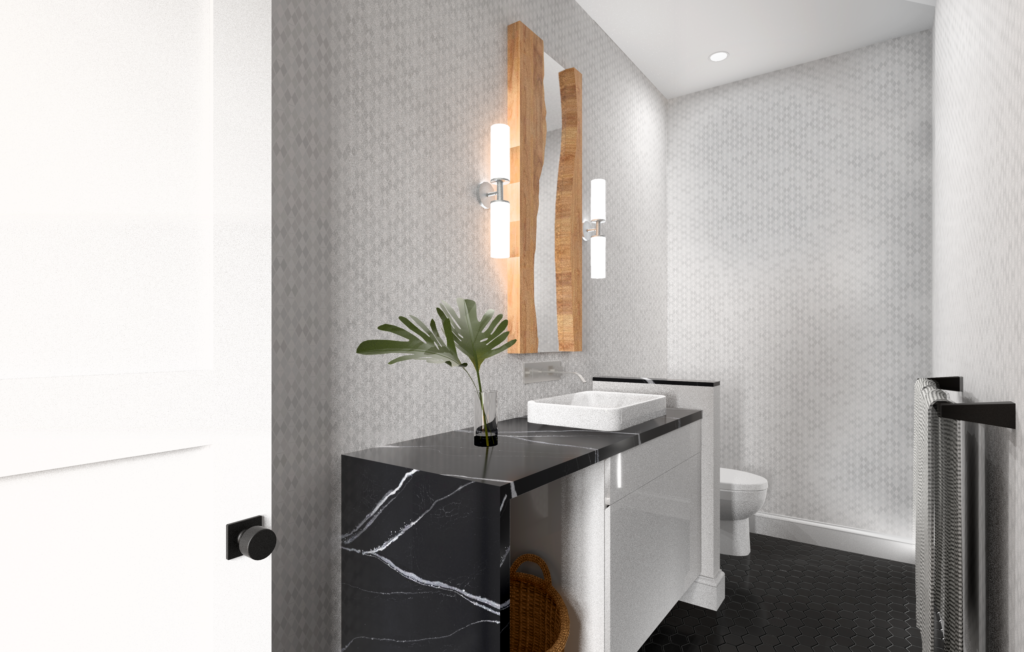
Closet
Orderly closets and dressers are a very good thing in feng shui. Having closets and dressers that leave a little open space allows room for new energy and lets the universe know that new opportunities are welcome here. Regularly declutter and donate anything that is no longer needed. Sweep out any dust that may have accumulated in the hidden corners.
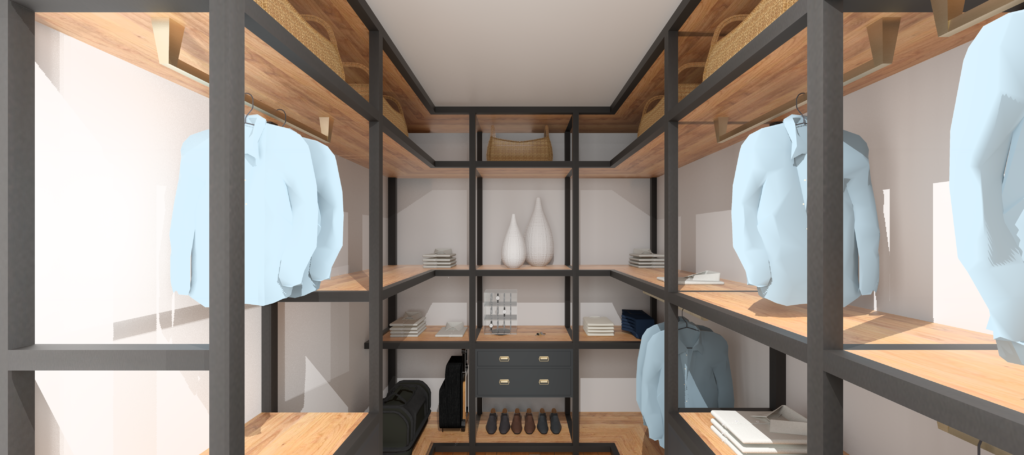
Hallway
Like other areas of the home, keep hallways well lit and clear of clutter. It should be easy to walk through the hallway. Having objects in a hall that need to be maneuvered around, represents obstacles in our lives.
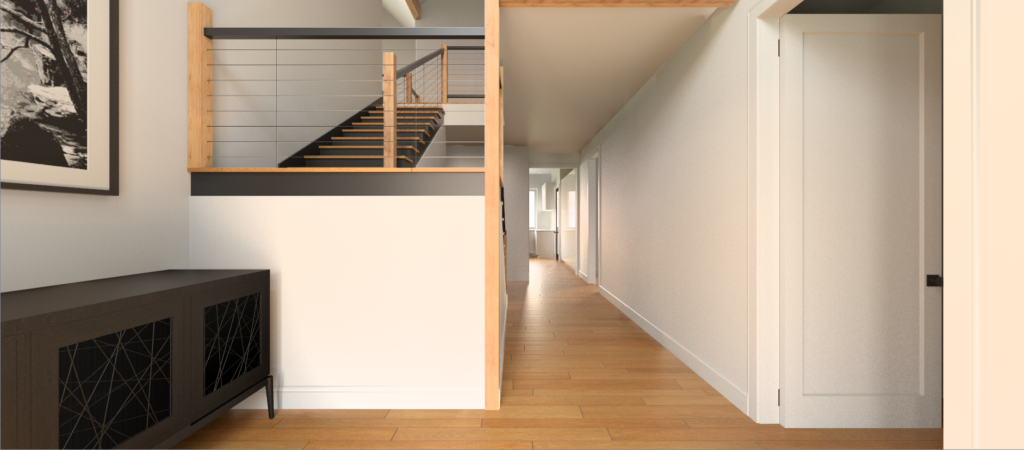

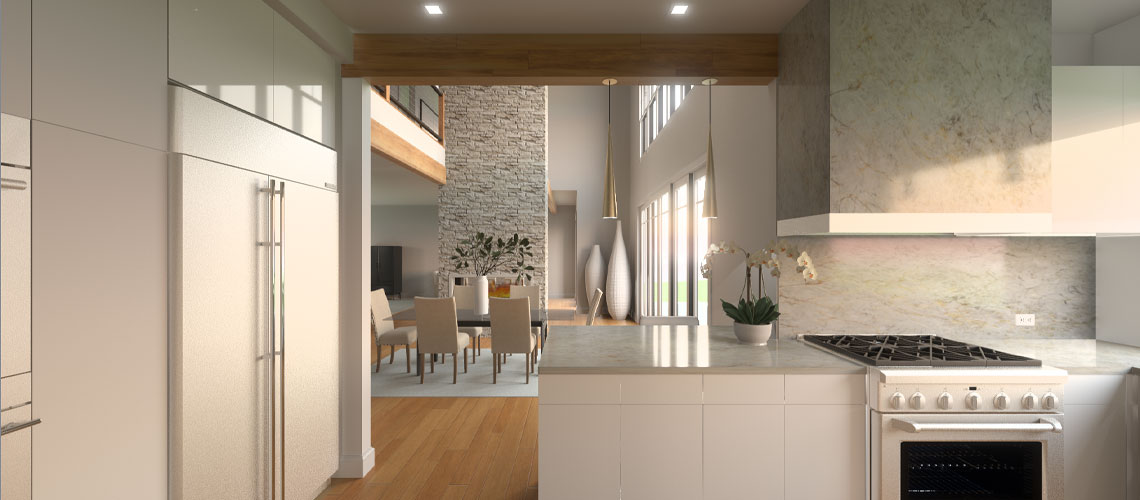

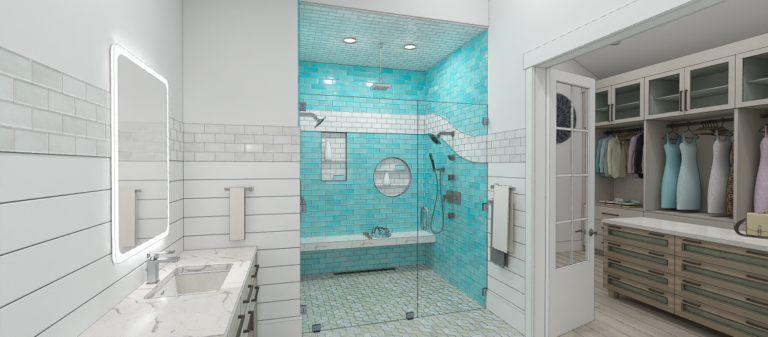
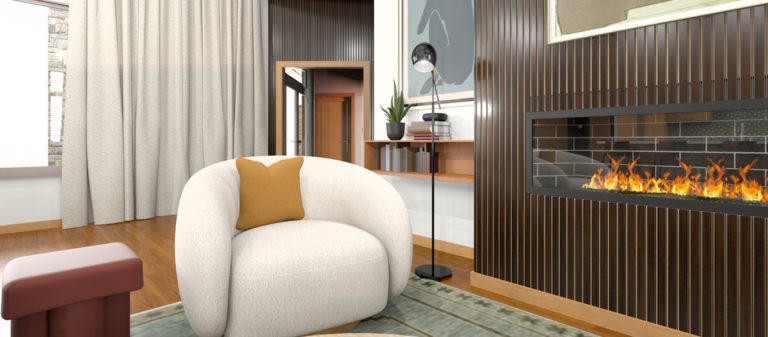


















































1 comment